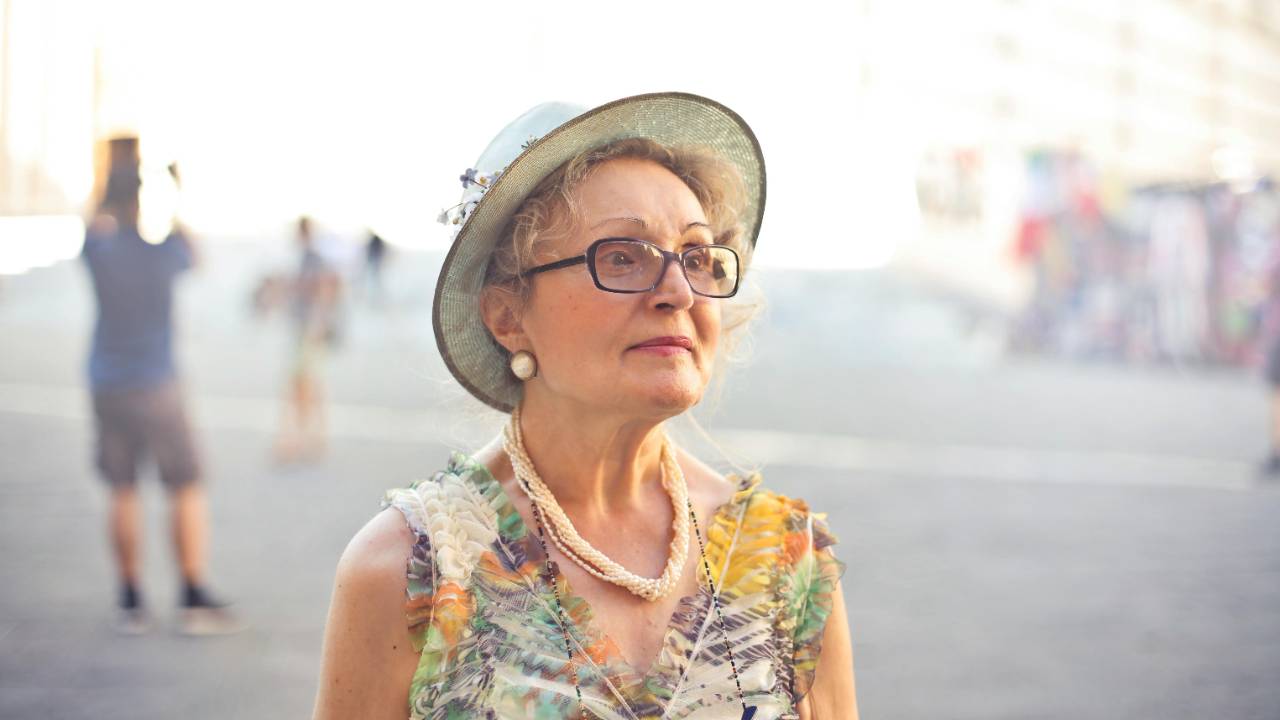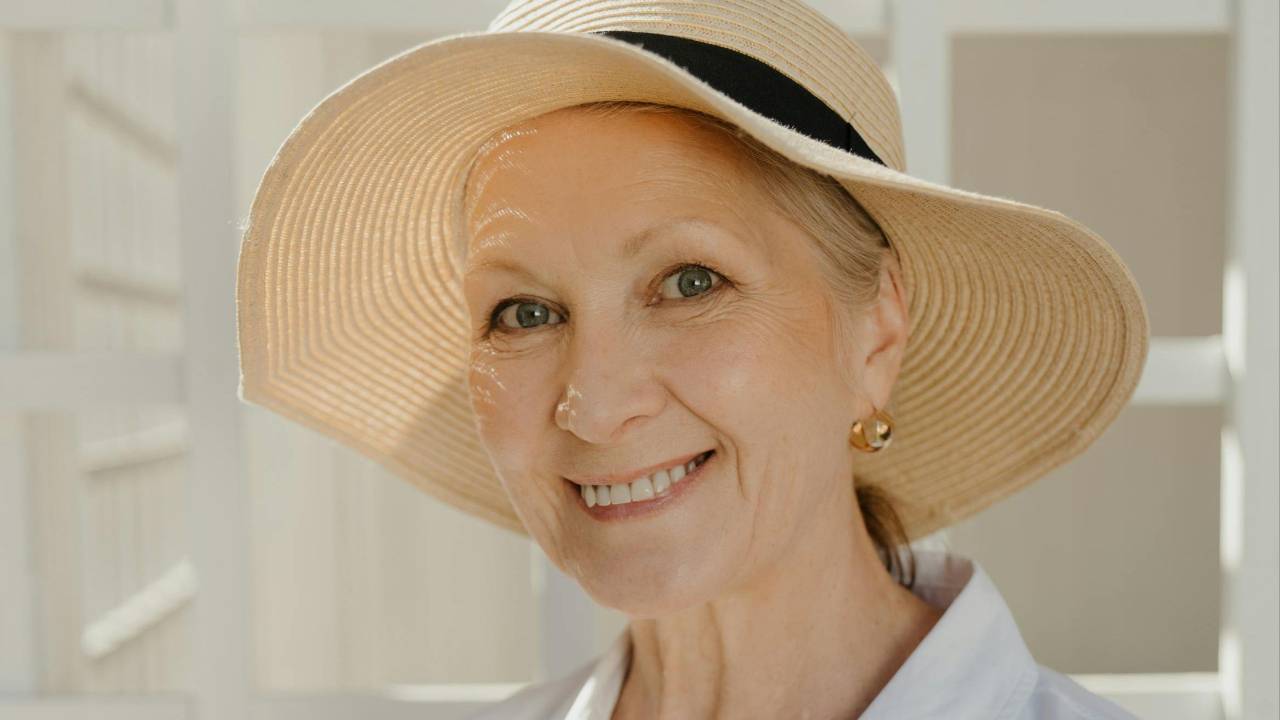Keep Dancing - the Reality of Positive Aging

Keep Dancing – The Reality of Positive Aging
For many of us, our tank feels full of advice on how to live with meaning, be happier, healthier, and think positively. I’m one of those authors who writes about it! After reading 14 books on positive aging, I can confirm the tank is full. And the books keep coming.
The reality is that, as important as all the counsel is to our well-being, we do get older. That process started at ground zero when we were born and will not stop until we do.
So, my question to you is, “How do you navigate the realities of getting older with the desire to make your life the best possible?” Alternatively, “What do you expect if you attend to nurturing in yourself the habits linked to aging well?”
We Do Not Fail at Aging
Researchers and authors can leave us believing that if we think positively enough, surround ourselves with enough community and love, and live a purpose-dri
...What Does Positive Aging Mean to You?

We all are aware how often the word aging is attached to dismay or decline. For decades, we’ve been warned about wrinkles, memory slips, and dependence – as if aging is something to battle rather than embrace. I am in a course with younger women still using the anti-aging fight as their cause.
Let’s be clear, if we go into combat with aging, we lose. Aging is how life happens. So, let’s find a new way to look at it.
In many ways, aging can be deeply positive. It’s not about pretending we’re still 35, it’s about discovering new ways to feel vital, connected, and fulfilled at 60, 70, or 80 and beyond. I am curious what it means to you.
Welcome to the Positive Aging Movement
There’s an entire movement dedicated to rethinking what it means to grow older. The concept stems from the field of positive psychology, which gained traction in the 1990s. I was in my 50s and remember terms like well-being, using our strengths, flourishing, and the emphasis on inclusion of everyone. What do you r...
Think you are Writing Your Final Chapter - Think Again!

Think You Are Writing Your Final Chapter? – Think Again
Have you ever heard of “longevity literacy?” I certainly had not. This new-to-me term is associated with how well we predict how long we are going to live. From a study about this topic, I learned that over half of us underestimate how long we will live!
The study focused on the financial decision-making implications of this underestimation. Of course, they found that people who underestimate their lifespan tend to not save the financial resources needed to live comfortably for all their years after full-time work. I pondered what other consequences might occur that may impact the quality of life beyond the life span we anticipate.
Let’s begin to understand the implications of “longevity literacy” on how we may choose to live our lives.
Experiment 1
First, put yourself in the mindset that in your 60s or 70s you are
...Savoring Our One Life

Originally published in https://sixtyandme.com/savoring-our-life/ Feb. 12, 2025
Savoring Our One Life: My Reality of Mortality
I recently attended a moving play that served as a reminder for viewers to make the most of this one life we get to live. The production highlighted both the joys of fully embracing what life has to offer and the reality of its eventual end. This is the journey each of us is navigating.
If you have the opportunity, I highly recommend Kimberly Akimbo, a Tony Award-winning play that left a deep impression on me. It tells the story of a teenage girl, Kimberly, who is living with Progeria – a rare condition that causes rapid aging – navigating the brief time she has left. Kimberly’s determination to fulfill her dreams, from seeing the ocean to riding a roller coaster to visiting Disney World, was both heartwarming and inspiring.
The Illusion of Immortality
In our youth, life feels like an endless adventure. It’s a time of discovery, exploration, and growth.
...Writing New Life Chapters After 60

Writing New Life Chapters After 60
Who is the feisty you in 15-20 years? As we journey through life, it’s natural to reflect on our past and ponder the future. For those of us who are approaching or have surpassed 60, we sometimes overlook the extent of the number of years ahead of us. The next 20-25 years (or more!) offer a canvas brimming with possibilities and certainly marked by more than one live phase if we live it fully.
I sometimes hear women even younger than 60 describe themselves as “old” and that the most important part of life has been lived. In reality, 60 is considered by researchers to be the end of middle age. If we look at life as a three-part book, we have all the chapters of part 3 yet to write.
Instead of focusing on what we have done and who we were, what about relishing who we have become and what is ahead? Let’s take a look at the rich phases of life we lived during our “middle age,” in ord
...The Power of Labels for the 65+ Years of Life

The Power of Labels: What Should We Call the 65+ Years of Life?
It is time to prepare for this year’s Ageism Awareness Day on October 9th. Words are one of the most powerful forces in shaping how our society thinks of aging and older adults. So, let’s explore the words that we use and that you use to label our stage of life.
Who Is “Old”?
It seems that the perception of who is “old” relates to the age of the person being asked. People in their 20s consider 65 to be “old.” Only 16% of adults over 60 consider 65 to be old! I know people in their 70s who do not consider themselves old, me included. Do you feel “old?”
I don’t intend to discount those of us who are facing health issues and may indeed feel a decline in vitality. The point is that issues that underpin a loss of vitality may happen in any decade, so the problem is the health issue and not just age. Age is not a problem; health iss
...
